
The Tongue as a Health Indicator: Meaning of a Whitish Color

The tongue is a vital organ whose appearance can reveal clues about our overall health. Many doctors even consider it a mirror of what is happening inside the body. A whitish color on the tongue may not only be a cause for concern but also a clear sign of certain health conditions that require attention. This article explores what a whitish tongue means, its most common causes, and some natural remedies that can help restore oral health.
What Does It Mean to Have a Whitish Tongue?
When you notice a whitish coating on your tongue, it’s important not to panic, but you should pay attention. This discoloration can indicate several conditions. One of the most common diagnoses associated with this symptom is oral candidiasis, an infection caused by the Candida fungus. This infection occurs when the natural balance of microorganisms in the mouth is disrupted, allowing Candida to grow excessively.
Apart from candidiasis, a whitish tongue can also be a sign of dehydration, a condition that affects many people and often goes unnoticed. Lack of water can reduce saliva production, making it easier for debris and bacteria to accumulate on the tongue, which in turn can lead to the development of a whitish coating.
Common Causes of a Whitish Coating
Understanding the causes behind a whitish tongue can help address the issue effectively. Below are some of the most common reasons:
-
Oral Candidiasis: This fungal infection is especially common in people with weakened immune systems or those who have recently taken antibiotics, which can disrupt the mouth’s natural flora.
-
Dehydration: Lack of fluids can cause the tongue to swell and turn whitish. Staying properly hydrated is essential for oral health.
-
Poor Oral Hygiene: The buildup of bacteria and food debris can cause a whitish coating on the tongue. Brushing your tongue as part of your daily oral care routine is crucial.
-
Medical Conditions: In some cases, gastrointestinal problems or diseases such as diabetes may manifest in the health of the tongue. Any persistent change should be evaluated by a healthcare professional.
When Should You See a Doctor?
It’s important to know when to seek medical help. If a whitish tongue is accompanied by other symptoms such as pain, persistent bad breath, changes in taste, or it doesn’t disappear after several weeks, it’s advisable to see a doctor or dentist. They can make a proper diagnosis and provide treatment suited to your specific needs.
Natural Remedies to Improve Tongue Health
While medical attention may be necessary in some cases, several natural remedies can help restore tongue health and reduce whitish coating:
-
Saltwater Rinses: Gargling with warm saltwater can help reduce inflammation and fight infection, acting as a natural antiseptic.
-
Aloe Vera: Applying pure aloe vera gel to the tongue may help soothe inflammation and combat bacteria.
-
Proper Hydration: Drinking enough water throughout the day supports both general health and proper saliva production, which is vital for oral hygiene.
-
Natural Yogurt: Yogurt contains probiotics that help restore the balance of microorganisms in the mouth, preventing the overgrowth of Candida.
-
Healthy Diet: Eating plenty of fresh fruits and vegetables strengthens the immune system and helps the body fight off infections.
Prevention Is Key
Ultimately, the best way to avoid issues related to a whitish tongue is by maintaining good oral hygiene. Brush your teeth at least twice a day, use dental floss, and don’t forget to clean your tongue. Limiting sugary foods and alcohol can also greatly improve oral health.
A whitish tongue can be a sign that something else in your body needs attention. Being aware of these symptoms and taking proactive steps will not only promote better oral health but also overall well-being. Always consult a healthcare professional if you notice any unusual changes in your body.
News in the same category


If Your Kidneys Are in Danger, Your Body Will Send You These 8 Signals — Don’t Ignore Them

The Surprising Effects of Avocado on Your Heart and Brain
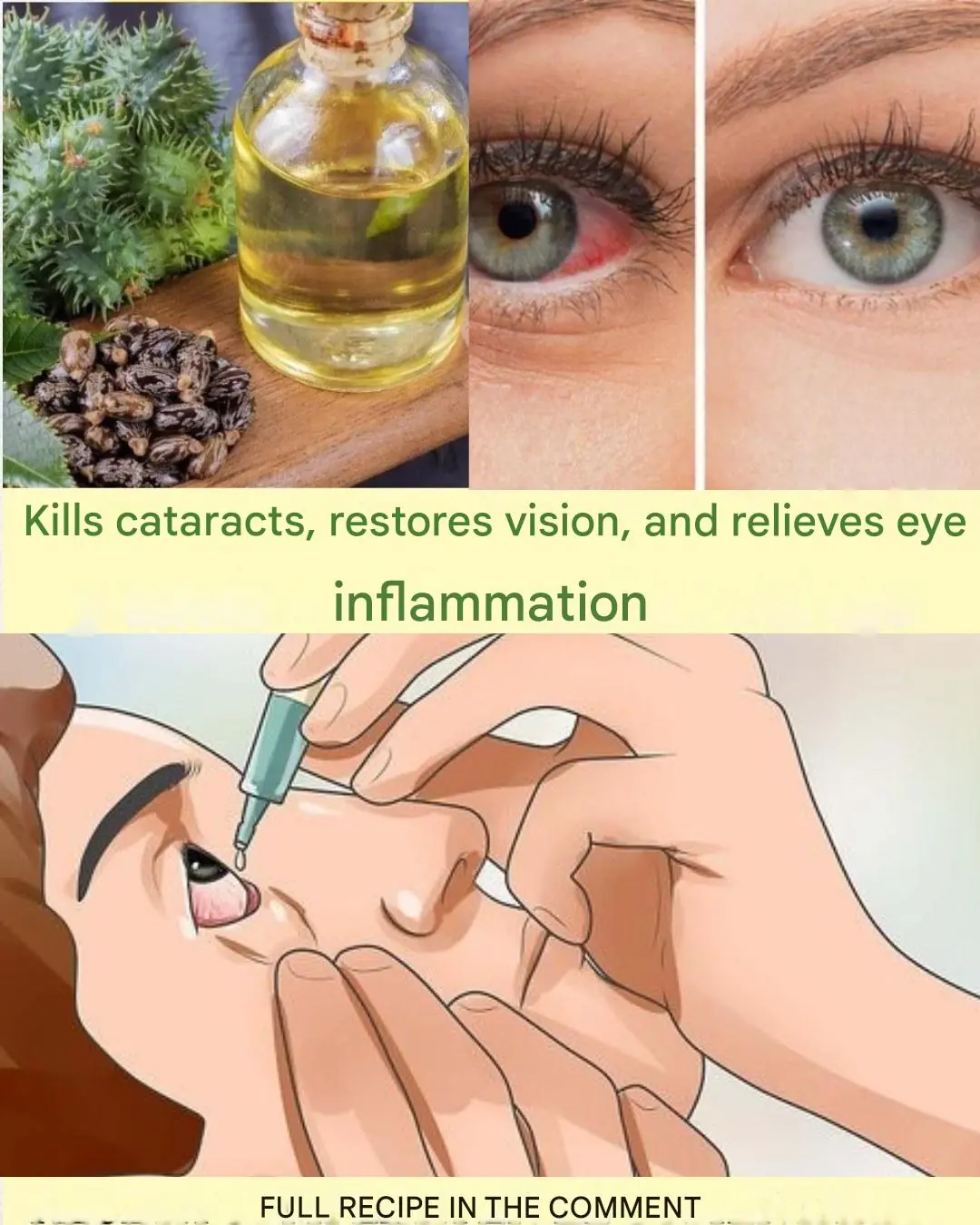
Natural Remedy for Cataracts and Eye Inflammation: Restore Your Vision Naturally
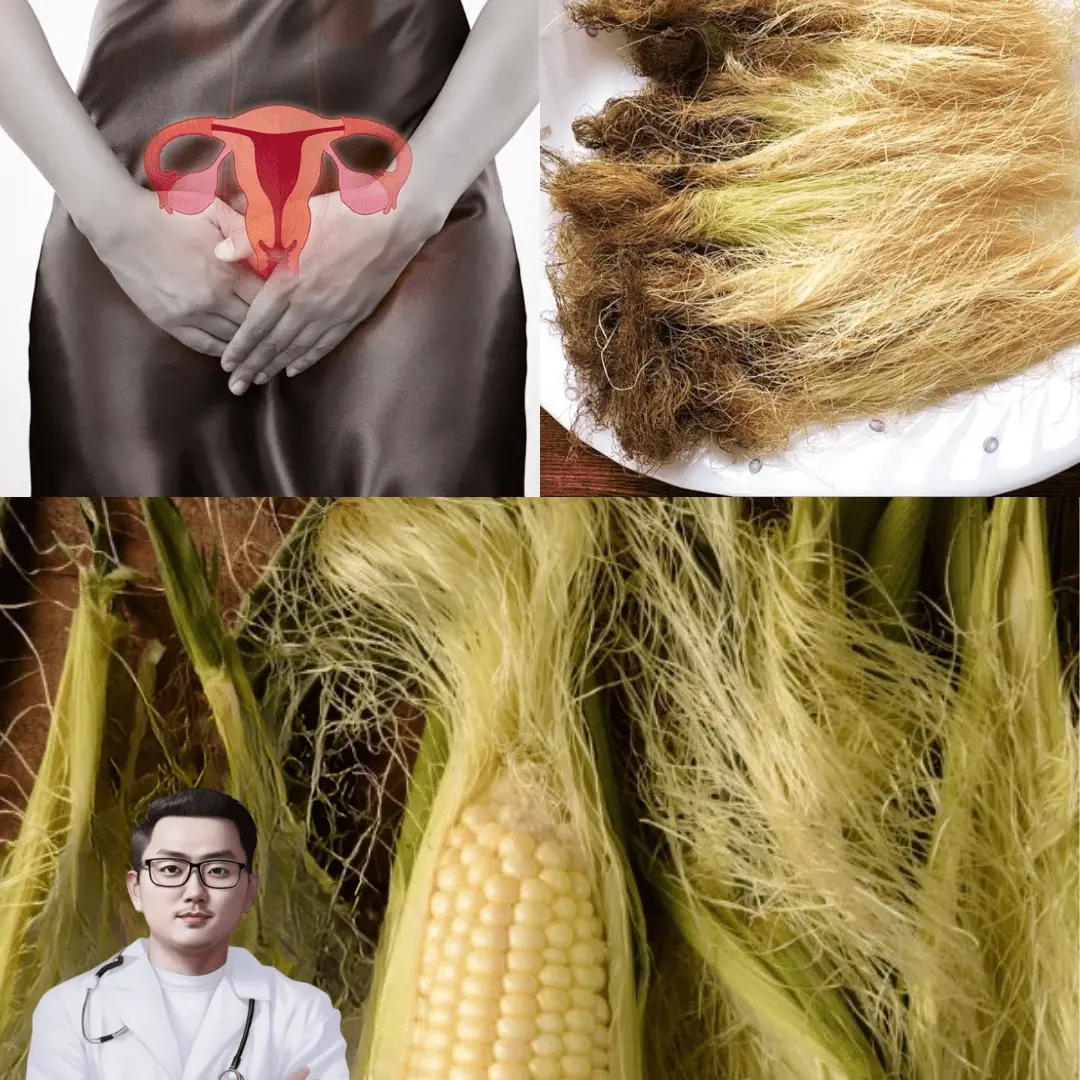
Unlock the Golden Magic of Corn Silk Tea
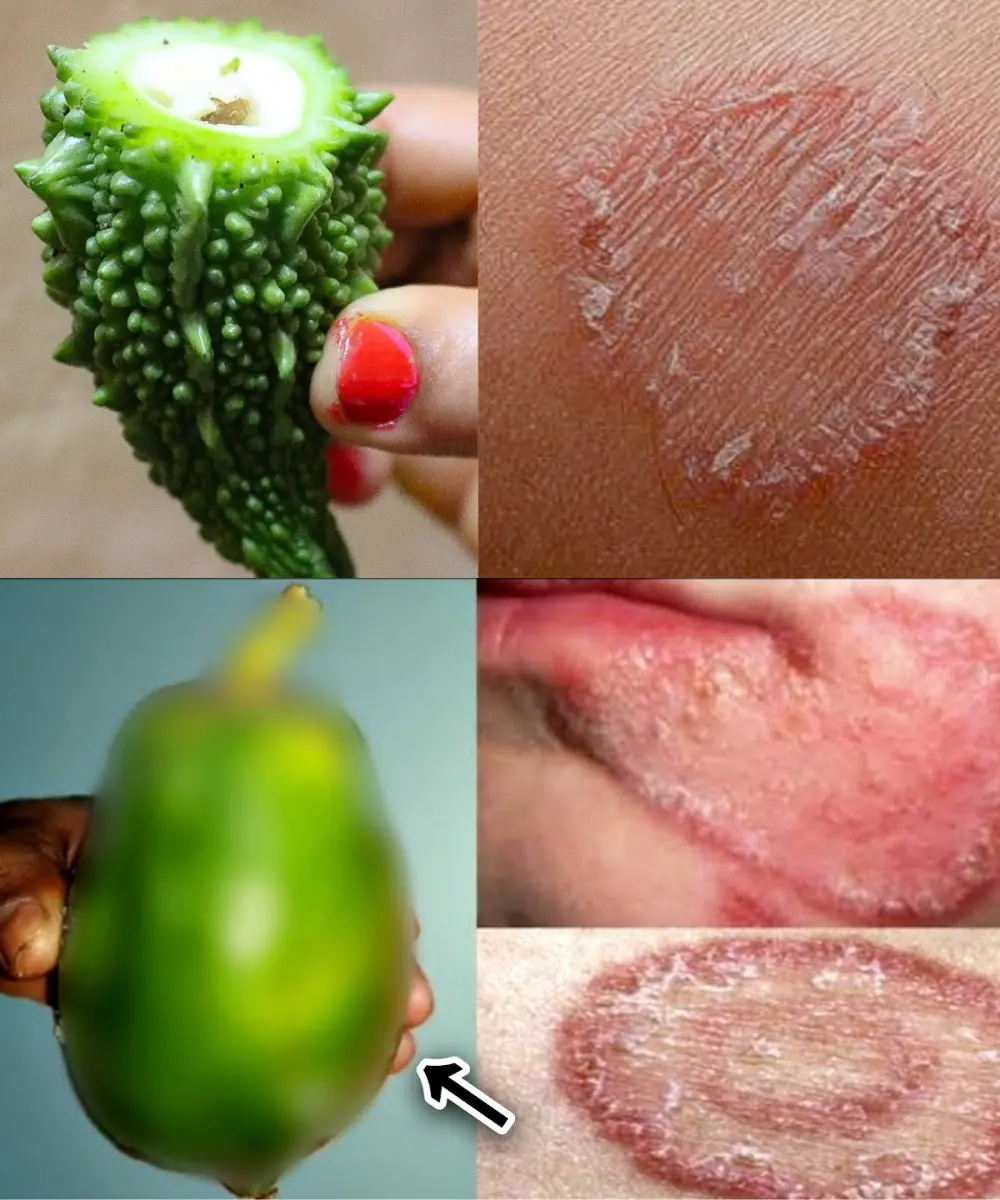
9 Powerful Home Remedies to Get Rid of Fungal Infection (Daad, Khaj, Khujli) Fast
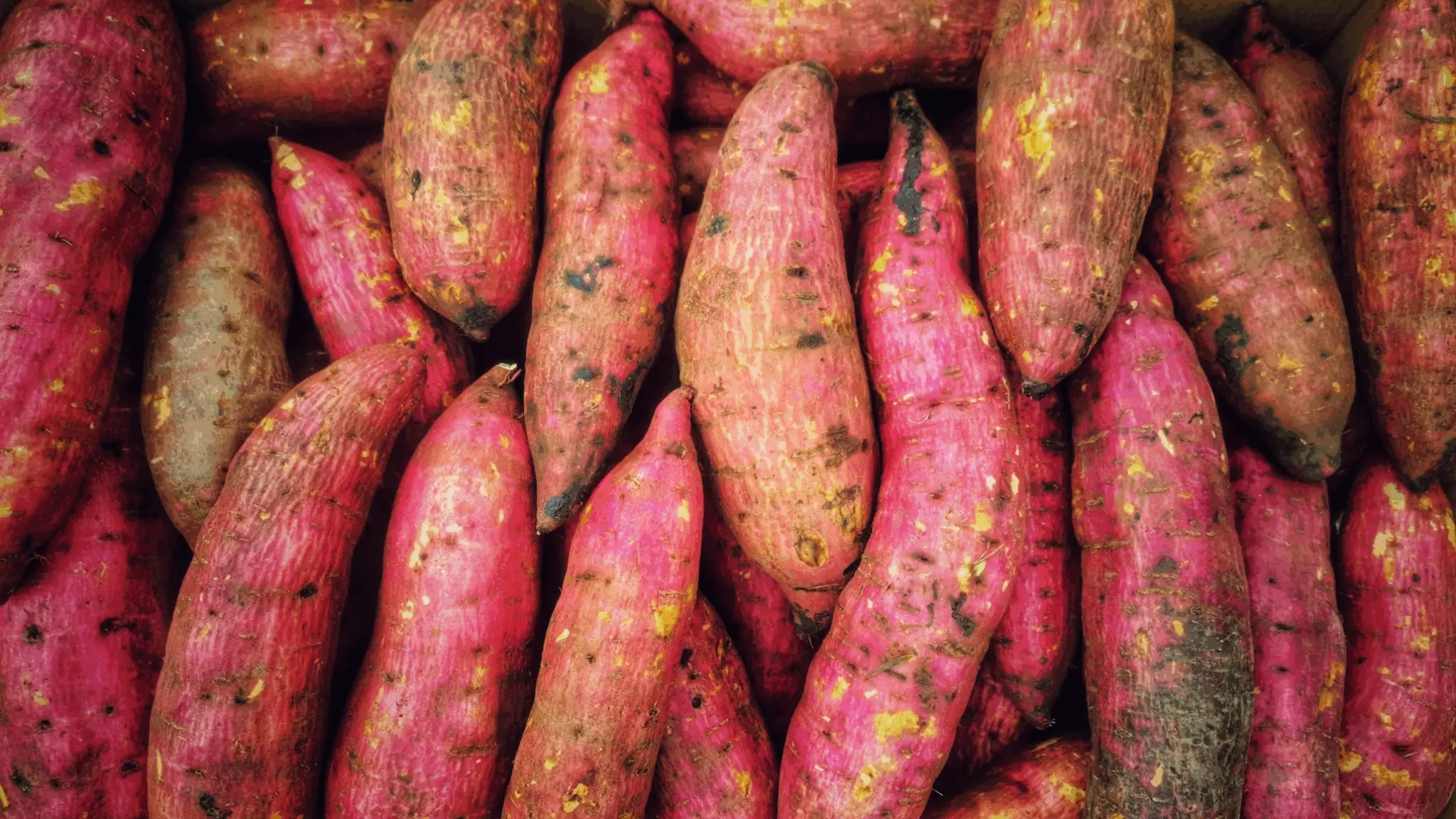
7 Shocking Health Benefits Of Eating Sweet Potatoes Every Day — According To Science

About 15 Minutes Before a Stroke, the Body Often Sends 4 Clear Warning Signs — Call Your Loved Ones Immediately
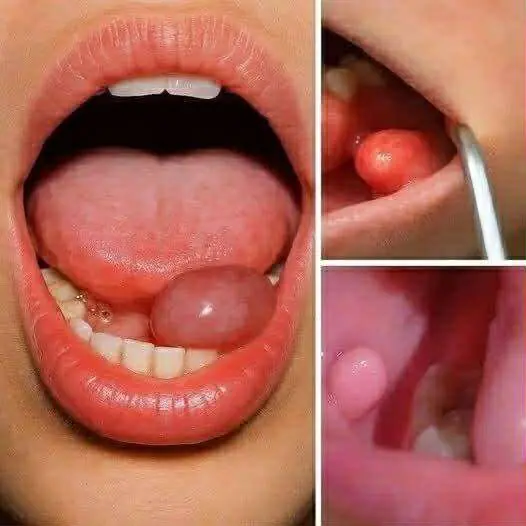
Hidden Dangers in Your Mouth: Early Signs of Oral Cancer
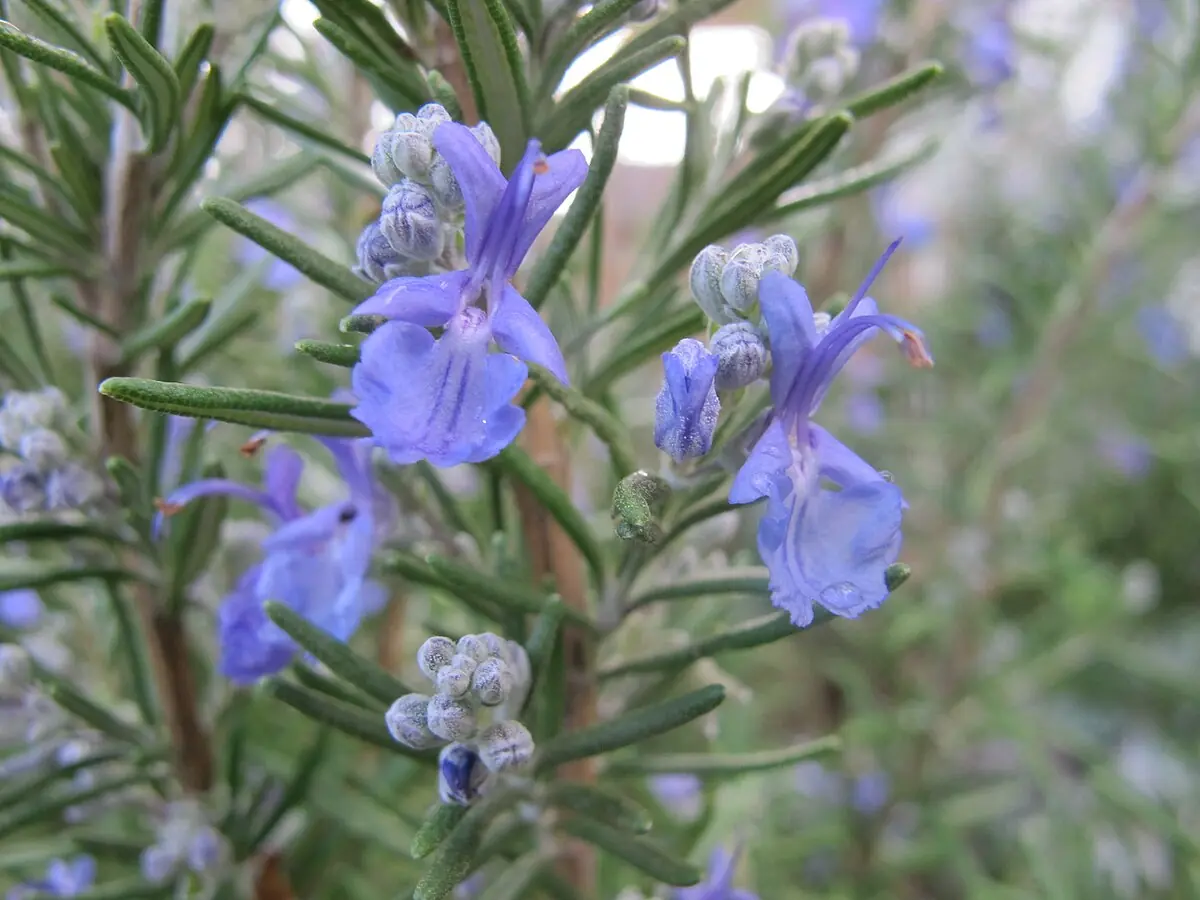
The Secret Power Of The Herb That Helps You Age Gracefully

The Unexpected Benefits of Eating Chicken Feet
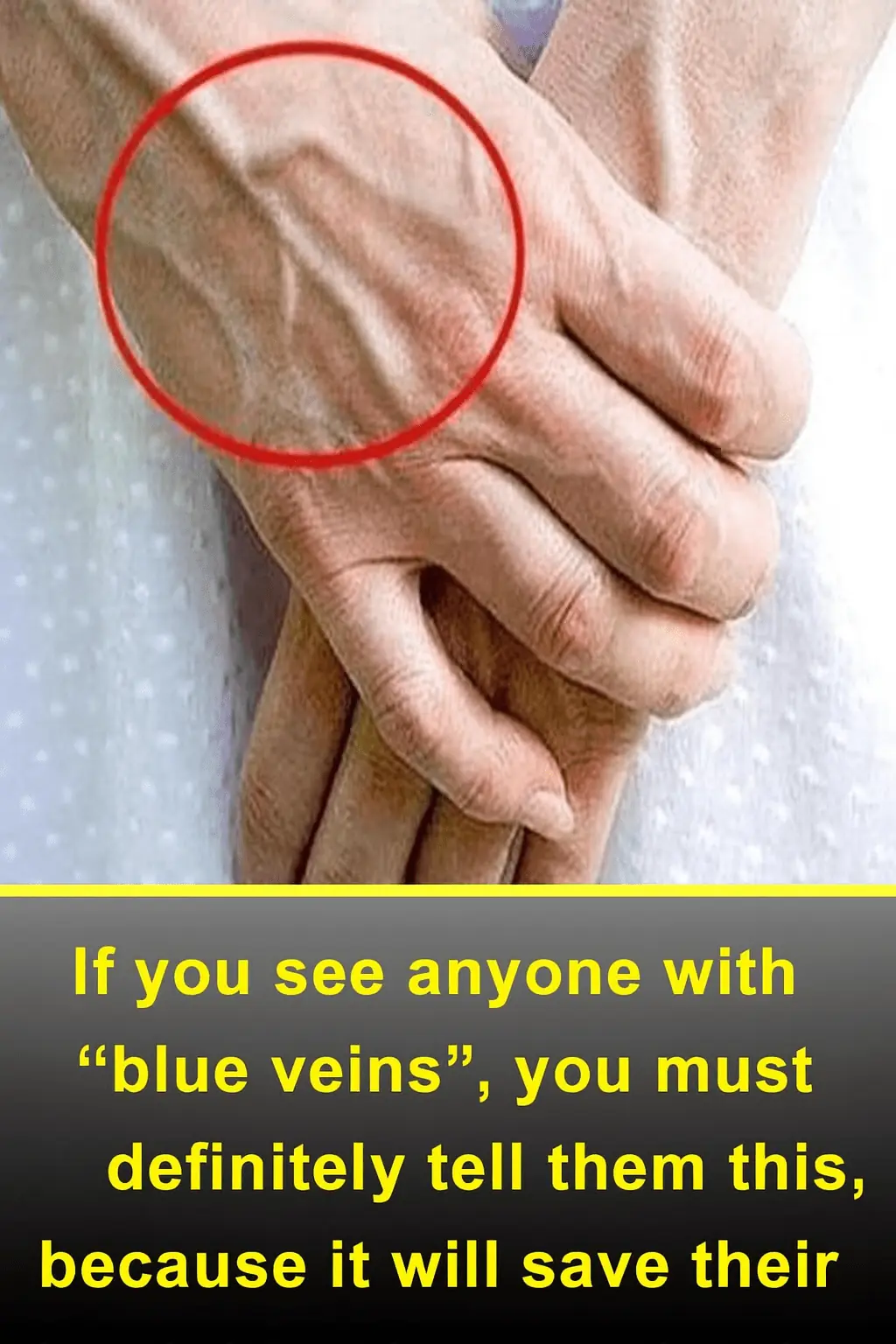
If You See Someone with “Blue Veins,” Tell Them This — It Could Save Their Life

The Secret Power of Two Eggs a Day: Could This Simple Habit Transform Your Health? Buy vitamins and supplements

Man Passed Away After Eating Eggs — Stop Eating Eggs This Way Immediately

8 Foods That Fight Tumors — Eat Them Regularly

Does Eating Bananas Before Bed Have Any Benefits?

Benefits of Boiled Eggs: Nutrition and Healthy Recipes

5 early warning signs of cervical cancer
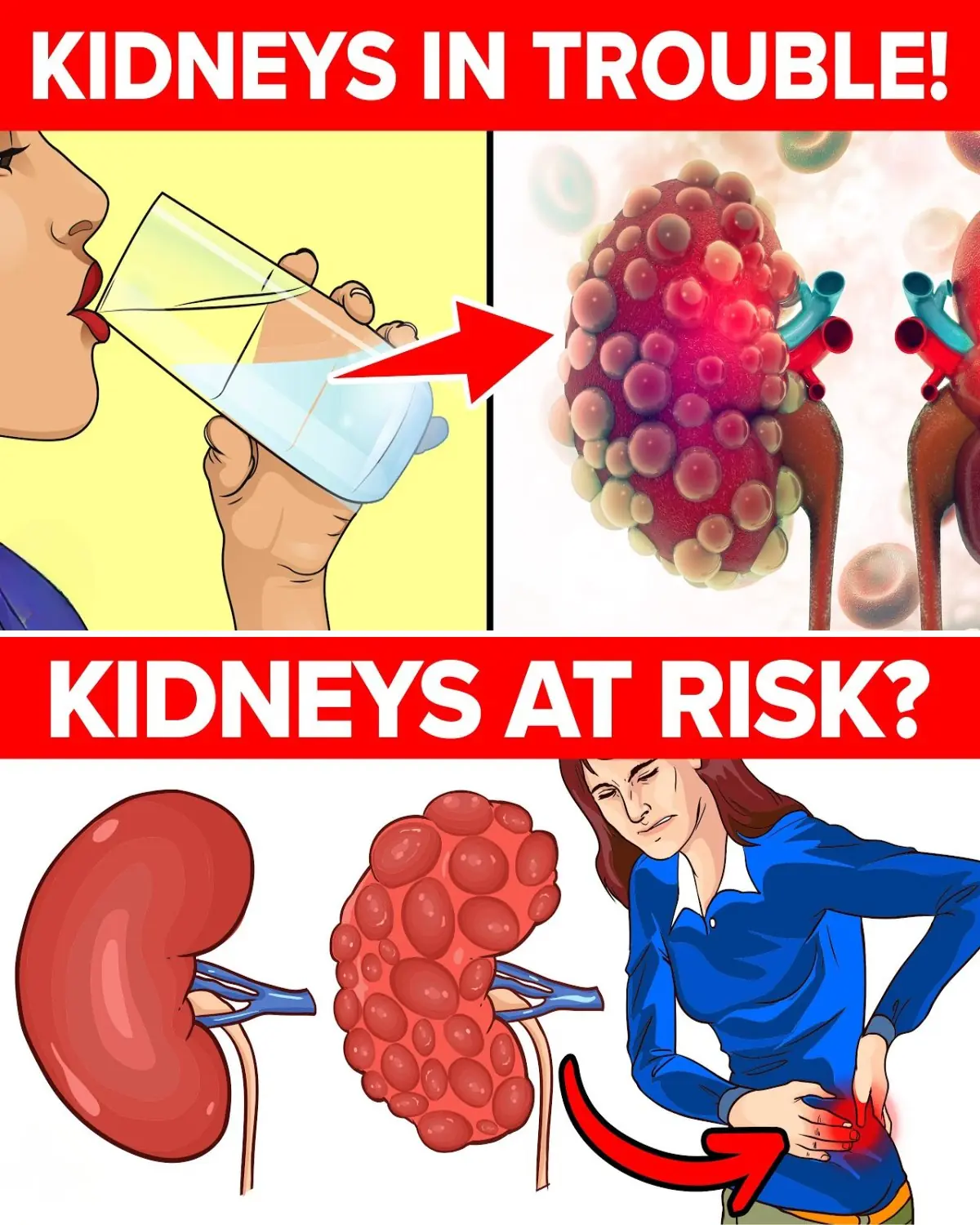
7 Innocent Mistakes That Get Your Kidneys in Big Trouble
News Post

WHAT HAPPENS WHEN WE TONGUE KISS…See more

Nature’s Secret: 4 Healing Leaves That Support Metabolism, Immunity & Circulation Naturally

Don’t Drink Coconut Water Before You Know These 11 Secrets!

Pumpkin Seed Milk — The Natural Parasite Cleanser

Fast Rice Water Trick for a Brighter Smile

Morning Drink to Revive Your Kidneys Fast

The Onion Recipe That Could Transform Your Blood Sugar, Support Cleaner Arteries, and Protect Your Heart!

Top 4 Fruits That Help Your Kidneys Flush Out Toxins While You Sleep

Ginger, Clove, and Honey: The Natural Trio Your Body Will Thank You For

Heal 15 Years of Joint Pain Naturally with Turmeric and Honey Tea

This Juice Revived My Grandma’s Energy — Say Goodbye to Fatigue and Body Pain with This Natural Recipe

The Benefits of Eating 2 Boiled Eggs Every Morning: Transform Your Health!

If Your Kidneys Are in Danger, Your Body Will Send You These 8 Signals — Don’t Ignore Them

The Surprising Effects of Avocado on Your Heart and Brain

Ways to Get Over a Man Who Didn’t Value You

I’m 66 but Look 36 — My Secret? Aloe Vera & Ginger for Firm, Smooth Skin

How to Make Okra Water to Treat 17 Health Problems Naturally

Banana and Egg Mask to Look Younger Even in Your 80s

Scent Leaf Secrets Unveiled: 10 Surprising Health Benefits of This Miracle Herb
